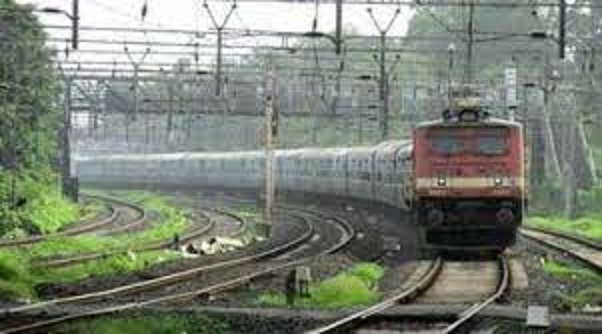New Delhi: The Railway Board Saturday ordered a double-locking arrangement for all relay rooms with train controlling mechanisms, relay huts housing signalling and telecommunications equipment of level-crossings, and point and track circuit signals, officials said.
The missive to the railway zones is the latest in a series of directions issued since the June 2 accident involving three trains in Odisha’s Balasore which killed more than 280 people.
The order indicates that the “access to the relay room” was key to the “signalling interference” that caused the Coromandel Express to take the loop line at Balasore and crash into a stationary goods train.
”This double locking will ensure that no one can access these locations in isolation,” said an officer.
The order said that level crossing gate (goomty/cabin), housing signalling and telecommunications equipment in station yard, should be treated as a relay hut and till double-locking arrangement is provided, the key of the present single lock would be with the Station Master (SM).
”The relevant entries regarding issue and deposit of the key should be maintained by SM in the same manner as being done for station relay room. The proforma for handing over/taking back of the key by the ASM (assistant station manager) on duty shall have a column specifying that the location for which key had been taken by maintenance staff has been properly closed and locked, by the maintenance staff who is returning the key,” the order stated.
Officials said one of the aspects that emerged from the preliminary probe is some work was going on near the location of the accident. A disconnection memo (to shut down interlocking system and start work) and a reconnection memo (reconnection of the system indicating the end of work) was received by the station manager, they said.
However in reality, the technician bypassed the system because the work was not complete and he rigged the location box to get a ”green signal” for the Coromandel Express, they said.
The present order, thus, laid down proper disconnection-reconnection protocols which are to be followed for signal maintenance, repairs, alteration works. It said that after completion of any work, once the reconnection is accepted by the SM, for the first train, the reception signal (signals control the reception of trains into a station) should not be taken off and it shall be brought to a stop at the first stop signal.
Similarly, the departure signal (the signal provided to dispatch the train from the station) for run-through trains should be taken off only after the first train has occupied berthing portion (when berths are all lined up at their set locations).
This is the third such orders on signalling issued by the Railway Board since the accident which is now being probed by the CBI.






